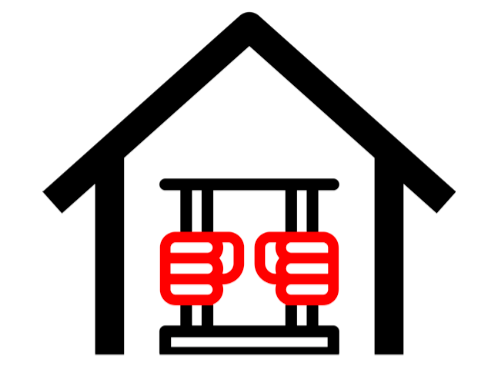Technically what has changed?
From a technical perspective, a software project which is working under Scrum methodology, the changes are related to communication challenges. The issue is not associated with a lack of communication. Instead, project members as a Product Manager, Scrum Master and Development Team (including Testers) started to communicate more efficiently. In the absence of meetings where all participants are physically present, communication has become more precise and more concise in delivering project tasks, as well as identifying issues during a Sprint.
Due to the total social distance between the project teams, some of the issues identified during a Sprint may have a more extended resolution. The difference lays on a more effective brainstorming, that identifies constraints of a solution more deeply. For this reason, a Tester is now more concerned with recording, centralising all relevant events during a Sprint than before. This aspect is crucial since the detail and relevance of QA has increased, but at the cost of additional load to pre-designed testing teams.
The focus on quality, verification & validation is, therefore, increasingly higher and more relevant for the success of a project in the face of the current reality.
There is no doubt that project teams recognise now more than ever, the importance of Scrum ceremonies. Maintaining a "Just Enough" perspective and without excessive bureaucracy and documentation, Testers and the rest of the team must not only participate in Daily Meetings, Planning, Refinement and Retrospectives but also perform preparation tasks for each ceremony, as well as, after their completion.
Considering the best software practices, with moral and ethical coding, now more than ever, a Tester is the caretaker of quality within a project. Not only a tester has to motivate the rest of the team elements, encouraging the practice of the best approach but also has to ensure the code standards are followed within the sprint flow.






